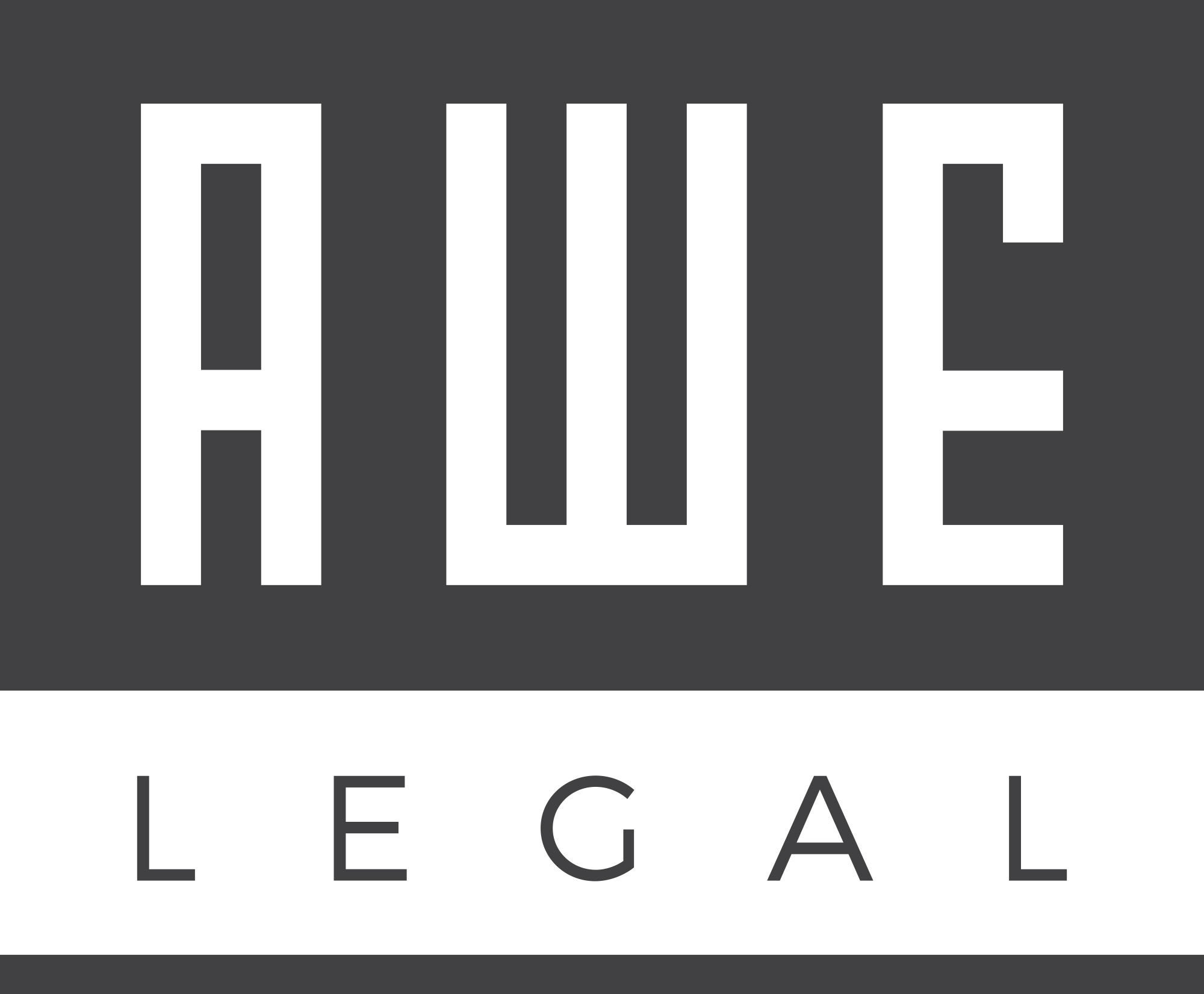What is Intellectual Property & Why Should I Care?
So, let’s start with the basics of Intellectual Property since let’s face it, it can be super confusing!
What is Intellectual Property (IP)?
IP is what you create, invent or develop as a result of your intellectual activity. IP is valuable and it comes with legal rights. So, while there is no monopoly on amazing IDEAS, while you develop your idea into something tangible such as a business, a logo, designing or manufacturing a product to sell, someone else may be doing the exact same thing. By registering your IP you help to protect your product and your ability to capitalize on your hard work. Furthermore, by owning a form of IP, such as a Trademark, this becomes an asset of your business and something you can then leverage in the future, for example by licensing your brand. Most importantly IP informs the public of your goods or services and ensures the association of ownership is traced back to you or your business. The value cannot be underestimated.
IP is relevant to business owners, entrepreneurs, freelancers, inventors, designers, researchers and creators of many kinds. Often, we can be careless with our ideas, giving them away for free during conversations or in the course of work, unaware of our rights and ownership. The thing with ideas is that they are not protected under Canadian law, and so there are tools you can use when pitching a story, product, tag line or creative work in order to safeguard your creations. You can use NDAs (Non-disclosure Agreements) or Confidentiality Agreements to protect your ideas before they take shape. There are also unique laws when it comes to freelancers versus employees, which impacts who owns the creative work- you or your employer? Make sure you know your rights and assign ownership before starting your contract.
There are 4 main types of IP, and more than one may apply to your creation. Be mindful that each has a different registration process and length of protection/ renewal process.
1) Copyright: Copyright means the sole right to produce or reproduce a work, or a substantial part of it, in any form. This means exclusive rights to publish, produce, translate or perform. It protects original creative works, for example: written works, videos, music or software. (Duration: Life of creator + 50 years)
2) Trademark: Trademark identifies your goods or services in the public mind. You must be using it in the marketplace, as you only acquire your rights through use (or intended use). Your use must also be distinguished from others in the market and cannot be confusing to the general public. For example, trademarks are a brand, logo, sound, design or slogan. (Duration: 15 years, renewable)
3) Patent: Patents protect original inventions, and can be applicable to products, processes, machines, chemical compositions and improvements to any of these things. (Duration: Up to 20 years from date of filing)
4) Industrial Design: Industrial Designs are the original visual features of shape, pattern, configuration or ornament, applied to a finished article. For this particular category of IP they must be registered, and an Industrial Design must have features that appeal to the eye as it is not necessarily about functionality. This excludes others from making or selling your product, creating a monopoly for you in the market for that period. (Duration: 10 years max)
More than one IP may apply to your creation. For example, the Coke-Cola bottle would be registered as an Industrial Design and also as a Trademark under “distinguishing guise” for the design of the bottle. Distinguishing guises are things like wrapping or containers that are unique to your product or design.
It'a important to know what you can and cannot register, for example you cannot register a Trademark that is clearly descriptive, a person’s name or confusing with another Trademark. There are also exceptions, as with most things in law. The registrar may allow the Trademark if you can assert that connection for the consumer, and point to the rightful producer so there's no confusion for the public. In that case, there may be an exception and registration may be permitted. This is always a risk and so it is wise to consult with a lawyer or Trademark agent to review all the necessary considerations pre-registration. There are also tips to choosing a Trademark that is more likely to pass the registration process.
Although many of the IP rights occur through use and registration is optional, registration is an extremely useful tool to prohibit others in Canada and potentially worldwide from using your IP. It serves as evidence of ownership and is an asset to further your revenue stream. Be aware that certain rights expire, so work with someone to help you layer your IP. For example, an Industrial Design registration will expire after 10 years, but then you may be able to register as a Trademark which doesn’t expire and can be renewed. Think about your business goals, especially if you intend to enter a foreign market, as IP will be a crucial asset to expansion beyond borders.
If you have any questions about protecting your brand, choosing the IP that’s right for you, or for more information on Intellectual Property or business strategy in general, please get in touch with AWE Legal at info@awelegal.com
*For an cautionary tale of the expense and frustration caused by lack of IP protection click this link .

